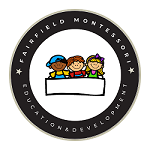Dr. Maria Montessori formulated the principles of Montessori education through extensive experimentation and observation spanning several years. These principles center around honoring the natural learning process of children, emphasizing not only an appreciation for how children learn but also highlighting the distinctions between Montessori and traditional educational approaches.
10 Principles of Montessori

Respect for the Child
The core of the Montessori philosophy is rooted in a profound reverence for children. This encompasses acknowledging the individuality of each child, valuing their autonomy to make choices, allowing them the freedom to move, correct their own errors, and progress at their own rhythm. Montessori educators engage with children from an authentic standpoint of respect.
Absorbent Mind
Through her research, Dr. Maria Montessori identified the initial six years of a child’s life as the pivotal stage in their development. She coined the term ‘absorbent mind’ to characterize this period, emphasizing the child’s remarkable ability to soak up information from their surroundings like a sponge. During these crucial years, children swiftly assimilate knowledge about their culture and the world, laying the groundwork for the formation of their intelligence and personality.
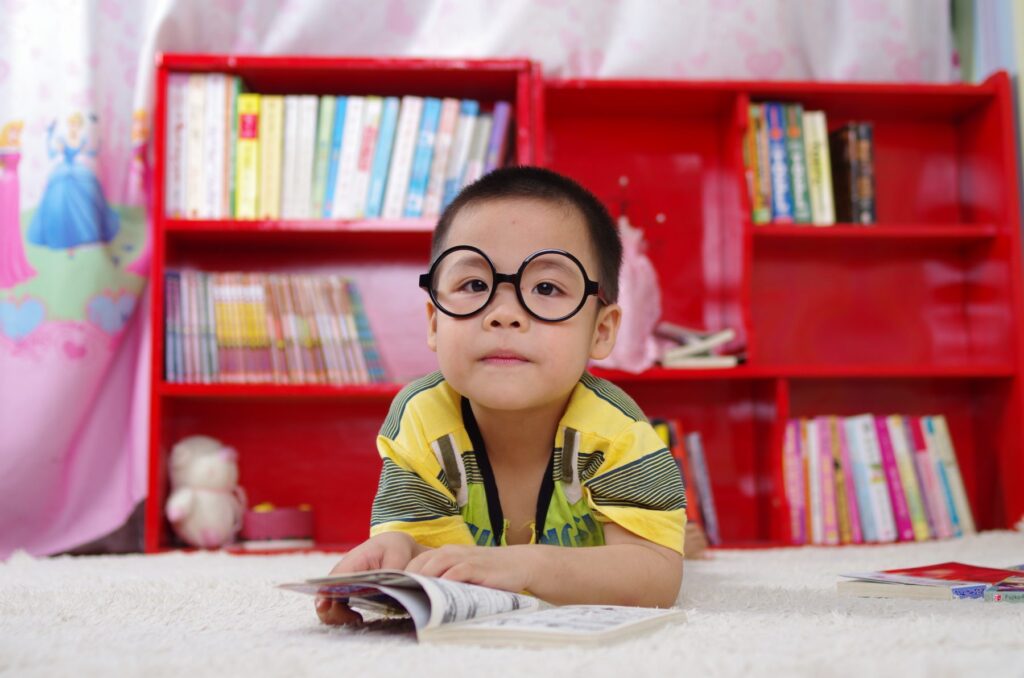

Sensitive Periods
Dr. Maria Montessori noted that children go through distinct phases in their development when they exhibit heightened receptivity to acquiring specific knowledge and skills. These phases, termed ‘sensitive periods,’ represent opportune windows for learning. Key features of sensitive periods include intense concentration, repeated engagement, unwavering commitment to tasks, and significantly extended periods of focused attention.
Educating the Whole Child
Montessori education is dedicated to fostering the complete development of each child, offering learning experiences that cater to their intellectual, physical, emotional, and social growth. Beyond traditional subjects like language and mathematics, the Montessori Curriculum encompasses practical life, sensorial exploration, and cultural studies. In this holistic approach, all facets of children’s development and learning are interconnected and regarded with equal importance.

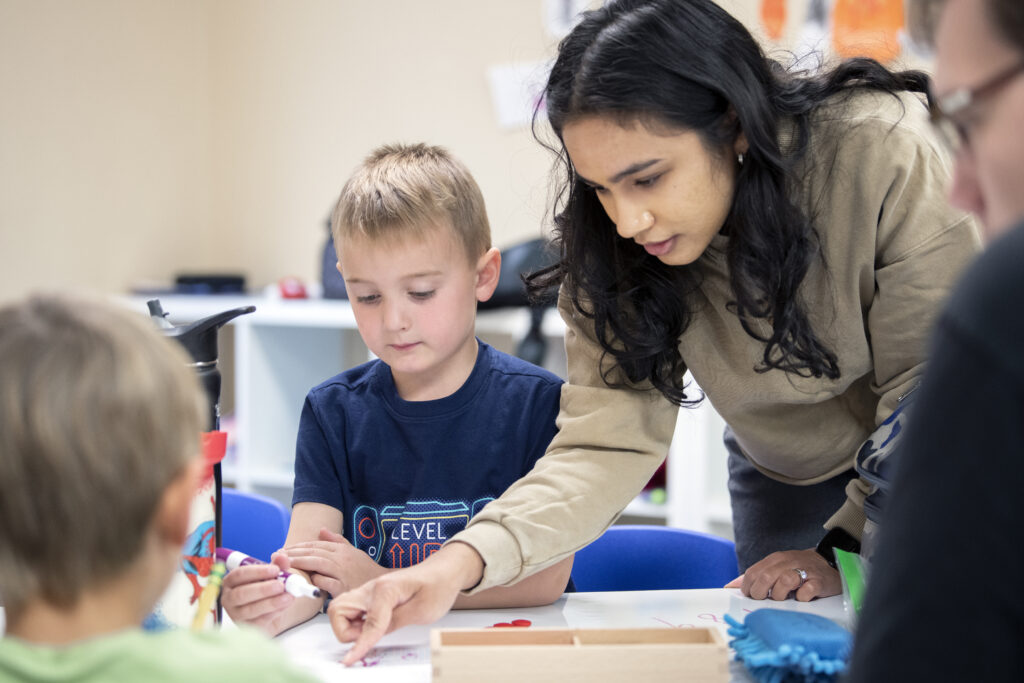
Individualized Learning
Montessori learning initiatives are tailored to accommodate each child’s distinct developmental stage, interests, and requirements. Lessons involving Montessori materials are delivered on a one-on-one basis, taking into account each child’s academic advancement. Educators closely monitor individual progress, offering support and guidance as children navigate through the curriculum.
Freedom of Movement and Choice
Dr. Maria Montessori recognized that optimal learning occurs when children have the freedom to move, make choices regarding their work, and pursue their interests. Within a Montessori classroom, children enjoy the liberty to explore the prepared environment, select their preferred workspace, and engage in hands-on experiences to uncover learning outcomes. Montessori education prioritizes active, self-paced, often self-correcting learning experiences tailored to the unique needs and interests of each child.
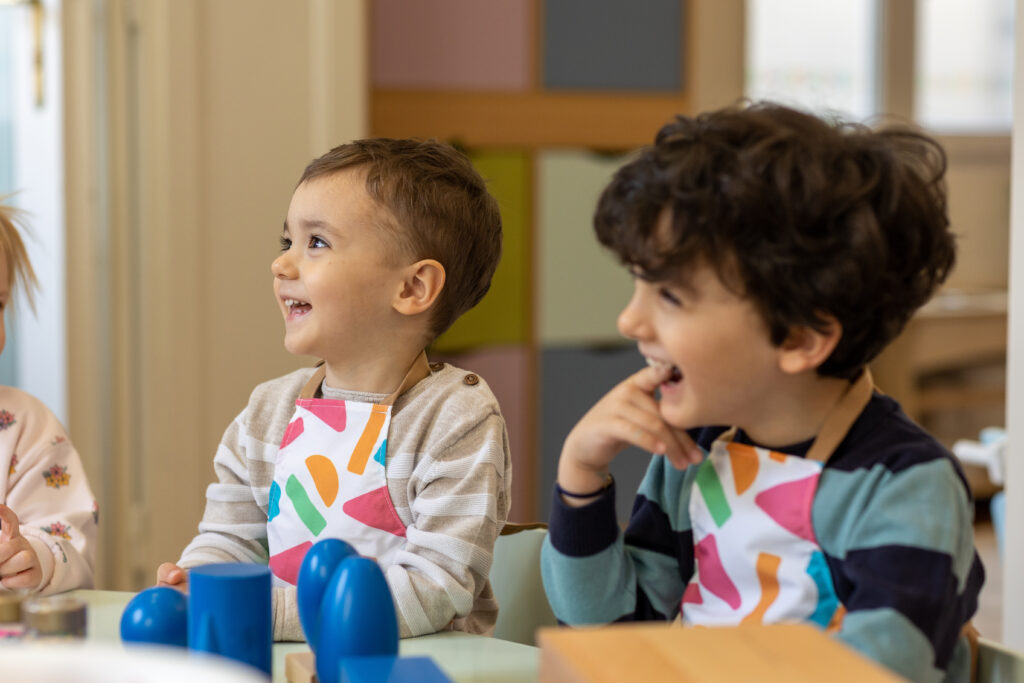

Prepared Environment
The Montessori classroom, often referred to as the prepared environment, is a meticulously arranged learning space where every element serves a purpose and has a designated place. The environment is characterized by a clear sense of order, fostering the development of logical thought processes in children. The core concept is “order in environment and mind.” Within this thoughtfully designed space, children are afforded the freedom to pursue their interests, select their tasks, and advance at their individual pace.
Intrinsic Motivation
The Montessori philosophy posits that learning is inherently rewarding. Unlike traditional methods that rely on external rewards like gold stars, the Montessori classroom emphasizes that children find fulfillment and a sense of achievement in completing activities and mastering skills for their own sake.
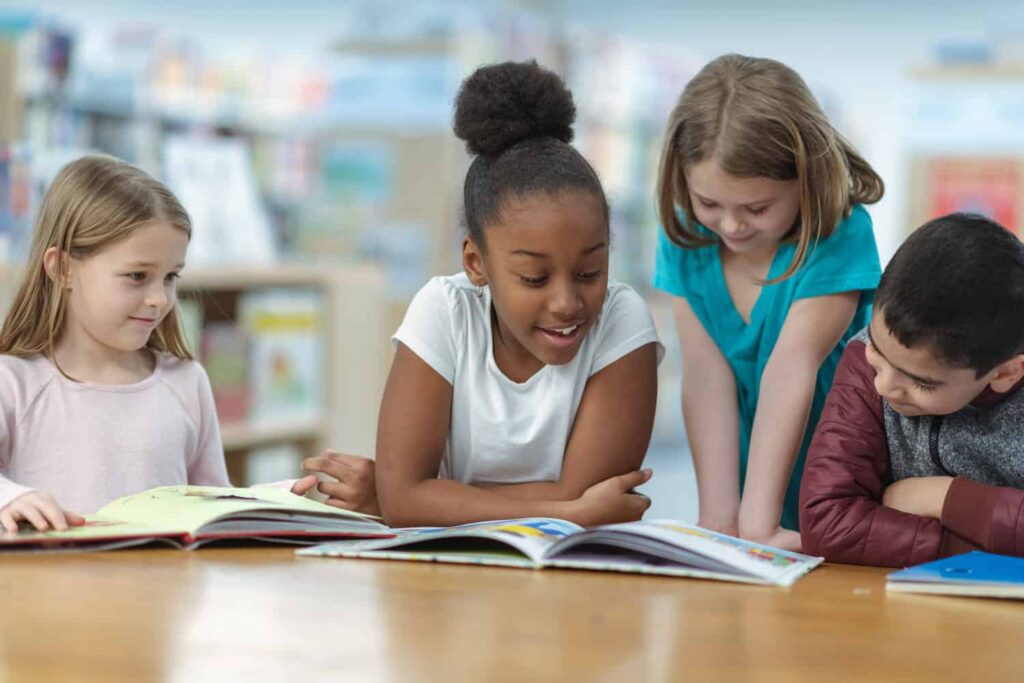

Independence
Montessori education is centered around fostering independence in children. It offers them the necessary environment, materials, and guidance to develop the skills to think and act autonomously. Montessori perceives children as natural learners who possess the capability and inclination to educate themselves given the appropriate stimuli. The ultimate objective of Montessori education is to instill a sense of independence in each child.
Auto-Education
A fundamental principle of the Montessori Method is the concept of auto-education, rooted in the belief that children possess the capacity and inclination to teach themselves when presented with engaging learning stimuli. Montessori materials were specifically designed to fulfill this requirement, enabling children to take charge of their own education. Montessori educators play a crucial role by offering a prepared environment, guidance, and encouragement, fostering an environment where children can autonomously educate themselves.


Where to next? Prepared Environment
The Montessori classroom is referred to as the prepared environment. It is a meaningfully structured learning space where everything has a purpose and a place. Furniture is light and child-sized, learning materials are designed to fit in children’s hands, and everything is designed to be open and accessible. The prepared environment activates a love of learning through curiosity, stability, and the freedom to choose.
